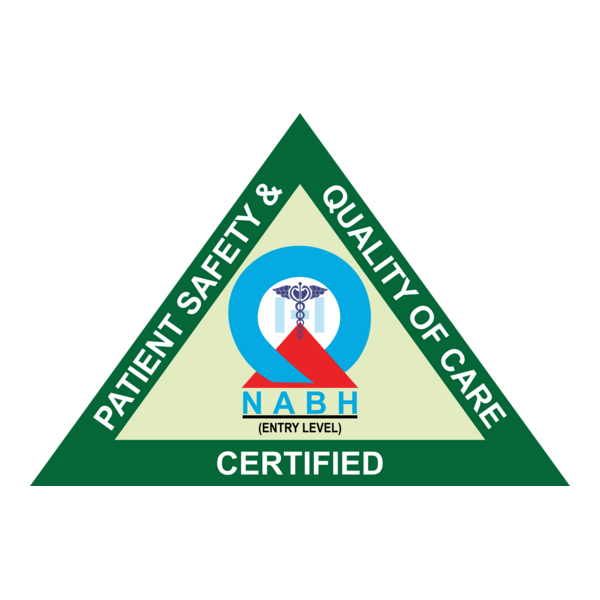Neuro-Ophthalmology
Definition
Neuro-ophthalmology focuses on vision problems related to the nervous system, including the optic nerve, brain, and eye movement pathways. Neuro-ophthalmology care involves diagnosing and managing conditions such as optic neuropathies, visual field defects, double vision, and neurological disorders affecting vision.
Purpose of Neuro-Ophthalmology Care
To identify vision problems caused by neurological conditions
To preserve and improve vision affected by optic nerve or brain disorders
To treat eye movement abnormalities and double vision
To enhance overall neurological and visual health
Types and Methods of Management
Diagnostic Tests
Visual Field Testing: Detects blind spots or field defects
Optical Coherence Tomography (OCT): Examines the optic nerve and retina
Neuroimaging (MRI/CT): Identifies brain or nerve-related causes of vision problems
Electrophysiological Tests: Evaluates nerve function and eye-brain connections
Medical Management
Medications to treat underlying neurological or vascular conditions
Anti-inflammatory or neuroprotective therapy for optic nerve disorders
Surgical Interventions
Surgery for compressive lesions affecting the optic nerve or ocular muscles
Corrective procedures for strabismus (misaligned eyes) due to neurological issues
Rehabilitation & Monitoring
Vision therapy and rehabilitation for persistent visual deficits
Regular follow-ups to monitor disease progression and response to treatment
Benefits of Neuro-Ophthalmology Care
Preserves vision affected by neurological disorders
Reduces symptoms like double vision or visual field loss
Improves quality of life through early diagnosis and treatment
Supports overall neurological and eye health


